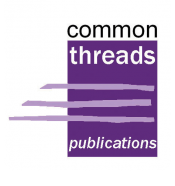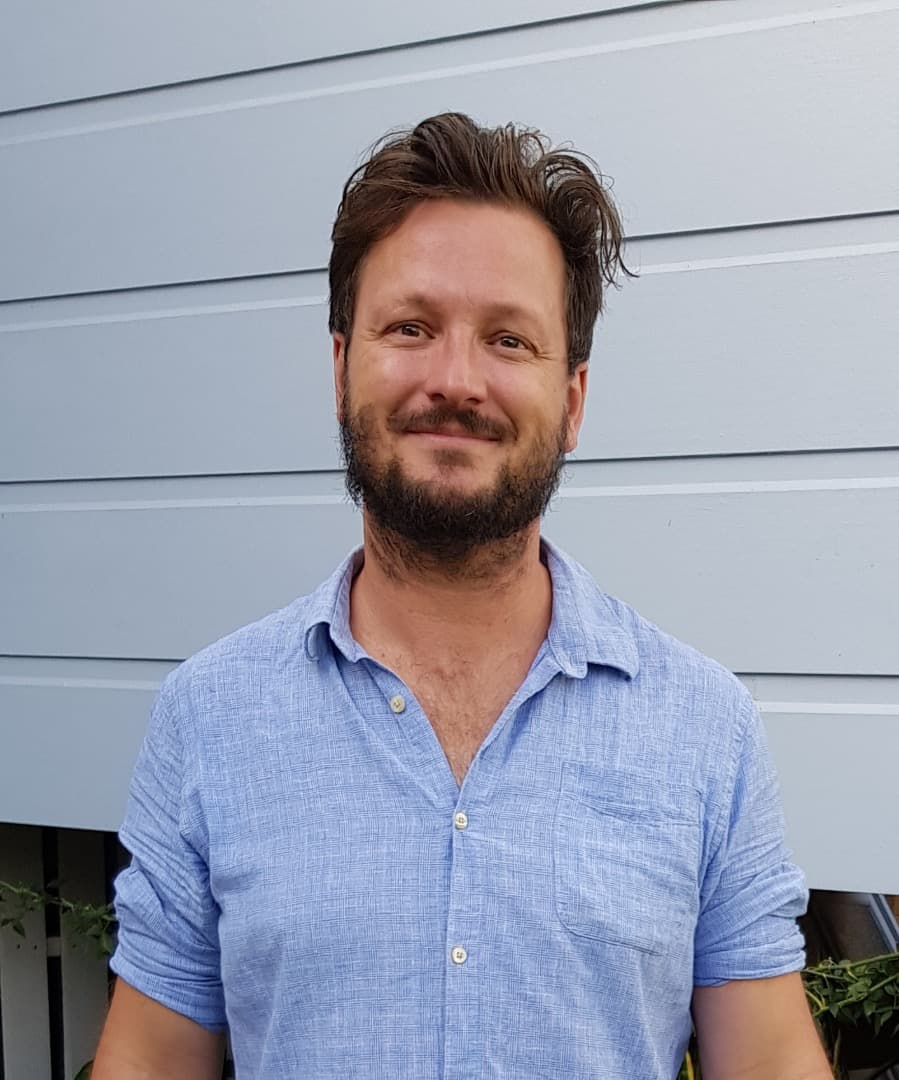
As a playworker and play advocate, Angus Gorrie is passionate about providing authentic play opportunities for children, wherever they may be, and pushing back against increased play deprivation and play bias. He has worked in dozens of schools, early learning centers, community groups and out of hours school care settings to improve both practice and physical space. Angus has qualifications in Behavioural Sciences and Psychology, Playwork and is currently working towards a Masters of Medical Research investigating how play (in the broadest sense) supports the mental health of children. He also spends his day as a practitioner working in a large OSHC Adventure Playground. It is this experience and the stories that come with working in a practical setting, combined with the theory and knowledge of study that shapes and guides Angus’s perspectives and points of view.
Over the past year Angus Gorrie has been piecing together a new book that will hopefully appeal to current playwork practitioners around the world. This book, inspired by several authors, aims to put a series of narratives, stories and experiences from contemporary Adventure Playgrounds around the world onto paper. With authors from Britain, Sweden, Hong Kong, Australia, Japan and USA it has been a truly fascinating experience. It is evident that Adventure Playgrounds vary dependent on their local culture, community and the needs of the children. There are however also threads that connect them and are the things that will be unpacked in this session.
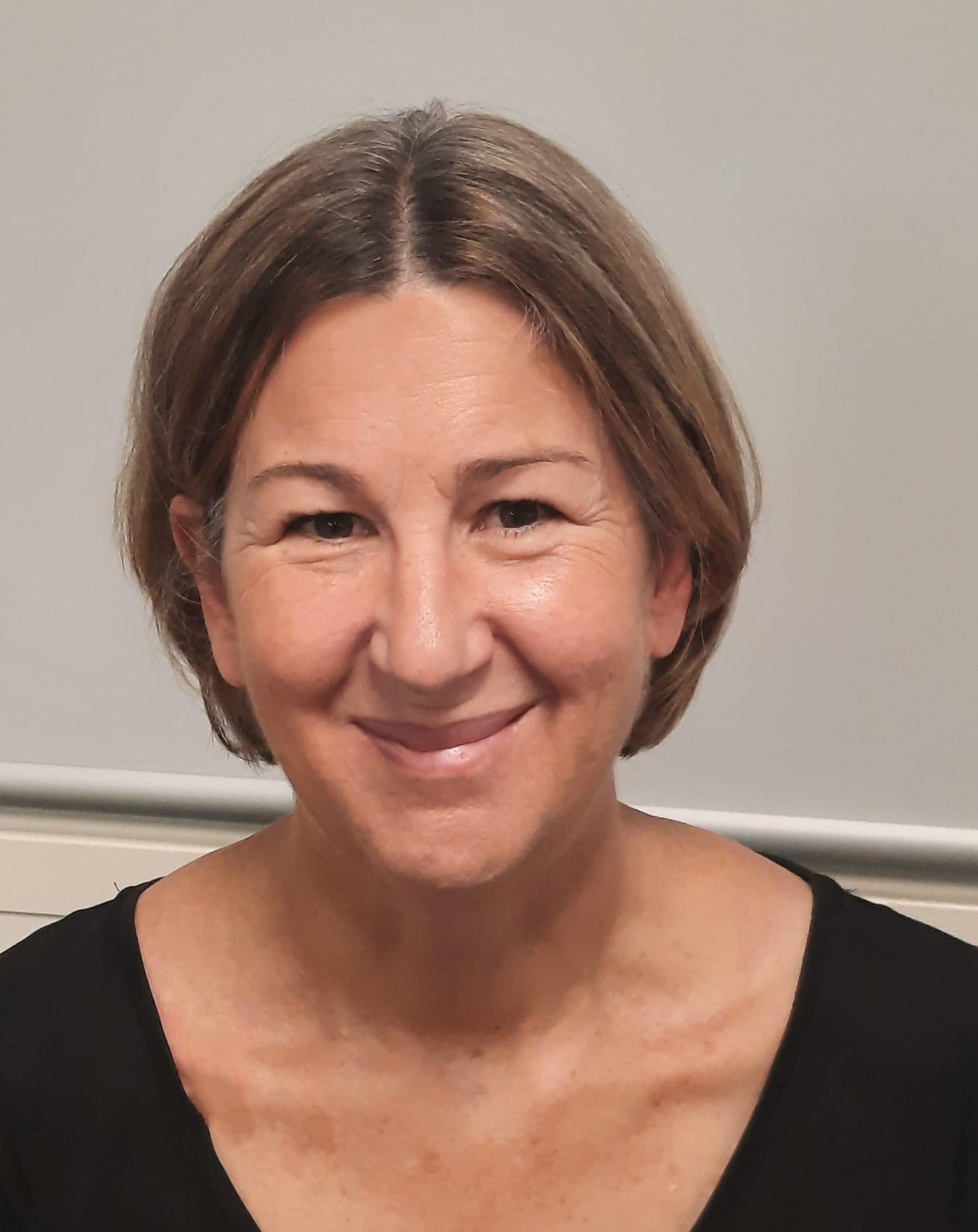
While Polly is a seasoned veteran in the out-of-school hours care sector in
Australia, she only discovered PARS playwork in 2022. “A way of working with children that makes so much sense”. Now, as a newly minted PARS Licensed Trainer she is keen to introduce PARS to services across Australia.
Polly will talk about practical ways the Educational Framework for Outside
School Hours Care in Australia “My Time Our Place” can be seen through a
PARS playwork lens.
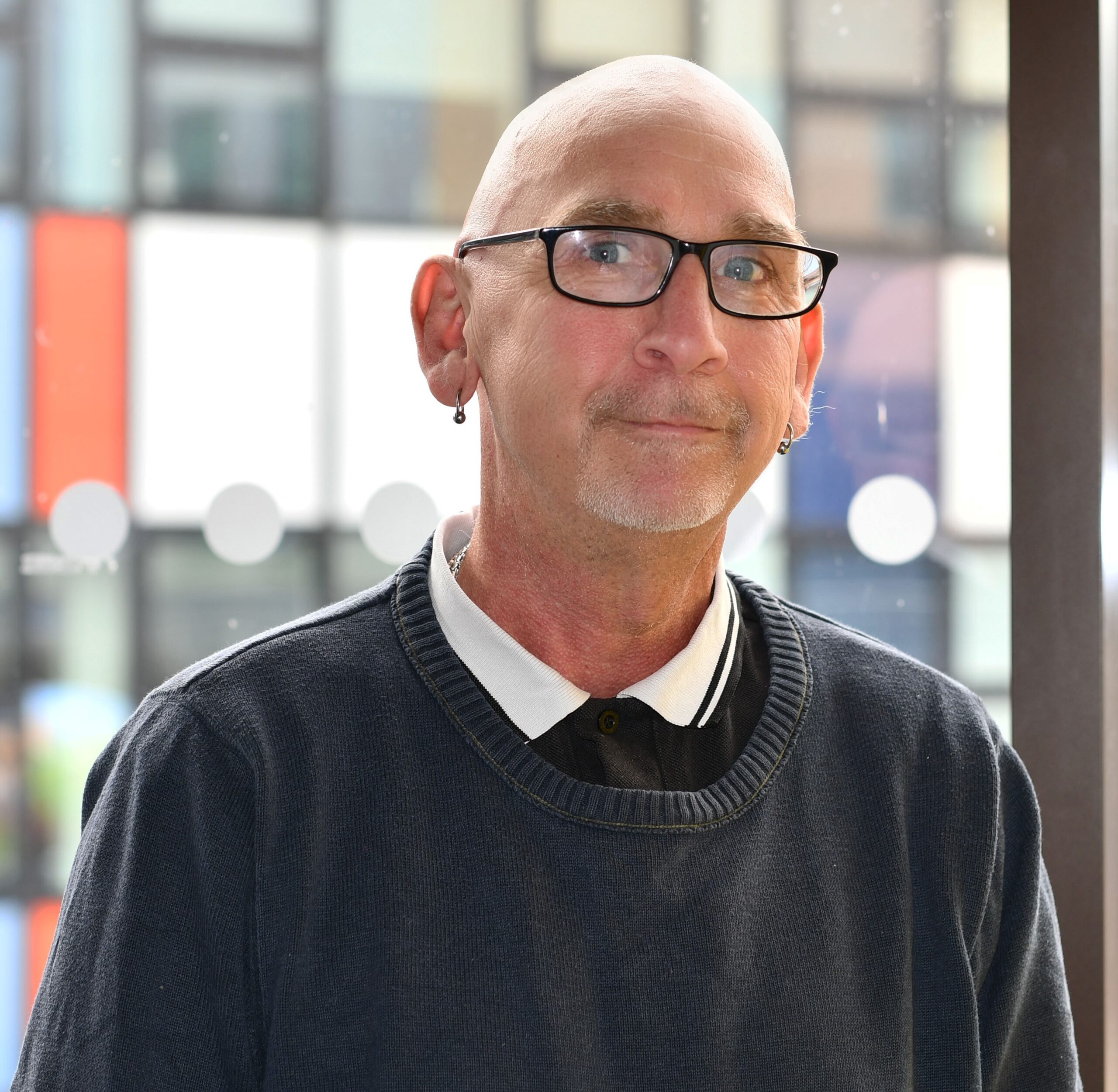
Dr Pete King is a Senior Lecture at Swansea University and is the Programme Director for the MA Developmental and Therapeutic Play course. Pete’s professional practice is in playwork and has worked in both the statutory and third (voluntary) sector in both England and Wales before working in Higher Education. Pete has published four books (three co-authored with Dr Shelly Newstead and one co-written with the late Gordon Sturrock) and contributed to play and playwork journals both nationally and internationally. Pete’s recent research have been in two areas: how Covid-19 impacted on Playwork and the developing the theory and practice of the Play Cycle.
Pete runs the SIG The Play Cycle for Common Threads. Pete’s session will facilitate a discussion around the Play Cycle and it is open to those who are new to the topic or have more experience of it.
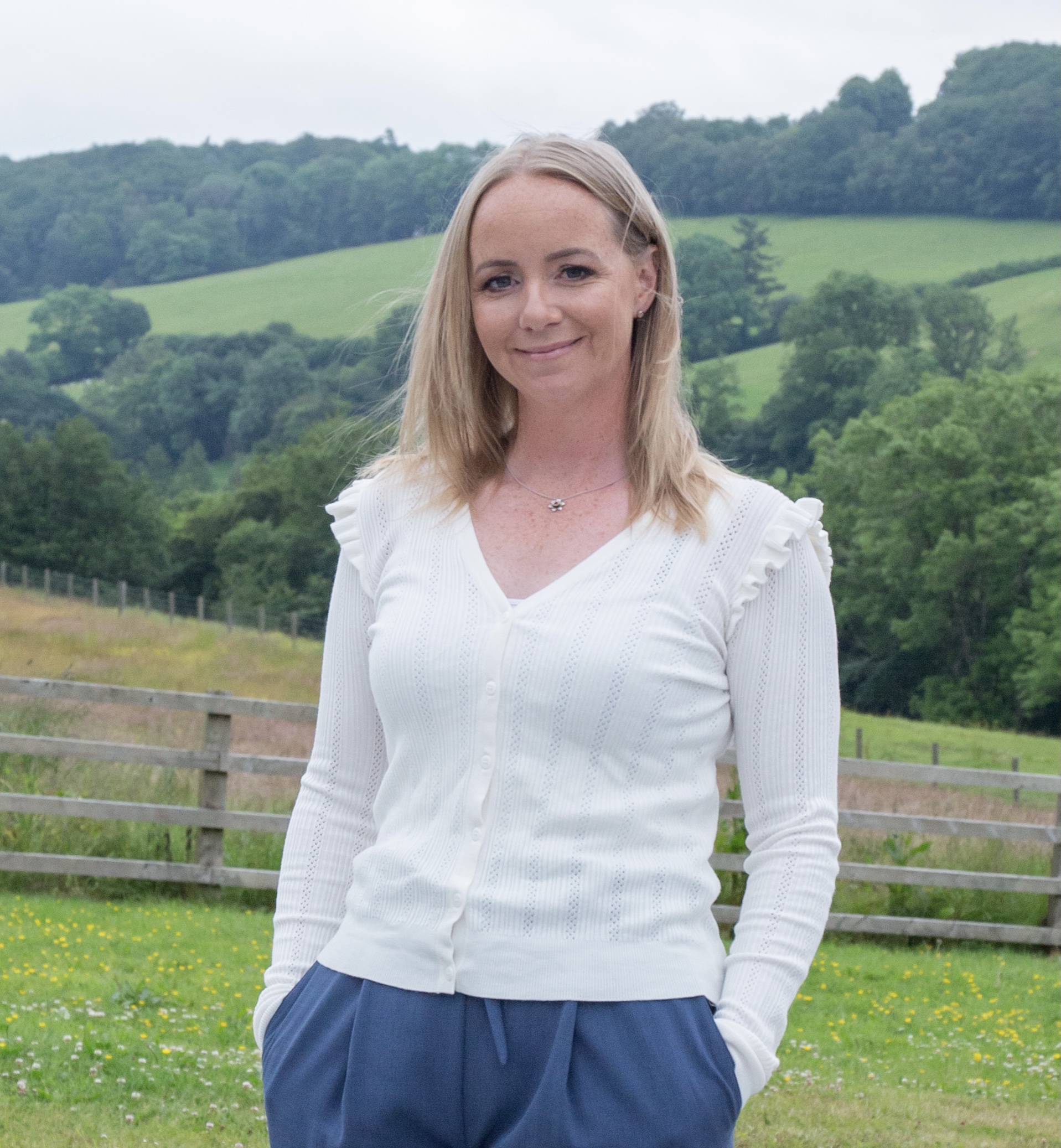
Rebekah is a well-respected childcare success coach who has specialised in supporting and developing the Out of School sector for the last 19 years both through her company The Bold Type Training & Consultancy Limited, as well as leading the Out of School Alliance; a membership and ‘one stop shop’ for support, advice and information for out of school providers in England.
Rebekah is a playworker at heart and brings this to her approach, believing wholeheartedly that running a childcare business should actually be fun. As a childcare business expert and passionate advocate for playwork and school aged care, Rebekah is proud to be leading Out of School Alliance forwards since 2021 and has almost too many ideas to support members than she can count!
Before creating The Bold Type in 2018, Rebekah worked in local authorities, initially in a childcare development role specialising in OSC in Cheshire & later as childcare strategic lead in Wrexham, Wales.
Rebekah has an MA in Children’s Play & Playwork, is a PARS playwork trainer & assessor and sits on the editorial board for The International Journal of PARS Playwork Practice.
Considering the impact of PARS training on Out of School care in England; a tour, some stories and more!
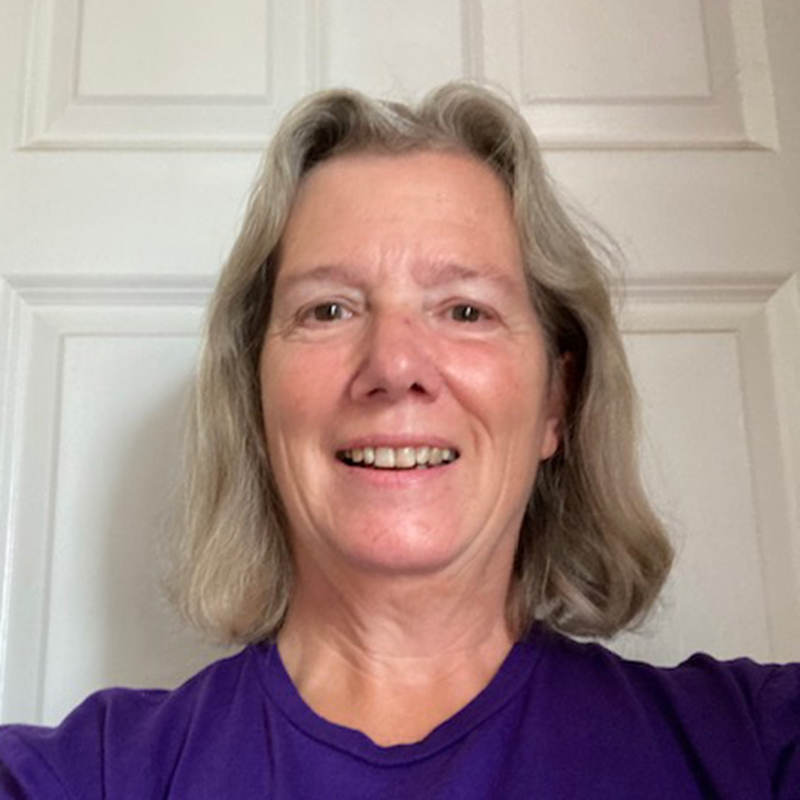
Helen Dee having started her working life in Playwork, Sports Coaching and Holiday Activity Camps has taken more than 10 years to return to the Playwork world and is now the Lead IQA for the PARS suite of qualifications. Having attained a Masters degree in Psychology (Child Development) from Lincoln University and numerous qualifications in the Education, Training and Assessment field she has spent the last few years working for various Further Education establishments in England and has a comprehensive understanding of the English work-based qualifications system. The last two years has seen her working with Dr Shelly Newstead to get PARS Levels 2 and 3 qualifications endorsed by NCFE and ready for delivery all over the world.
Helen will be giving a summary of the qualifications available in PARS at levels 2, 3 and 4 explaining the relevance of customised qualifications which can be delivered Internationally. She will also be aiming to explain how we are trying to establish an International body of Professional PARS Playworkers utilising the same Action Research methodology embedded in PARS to constantly help us all to improve the way we work with children in their free time.
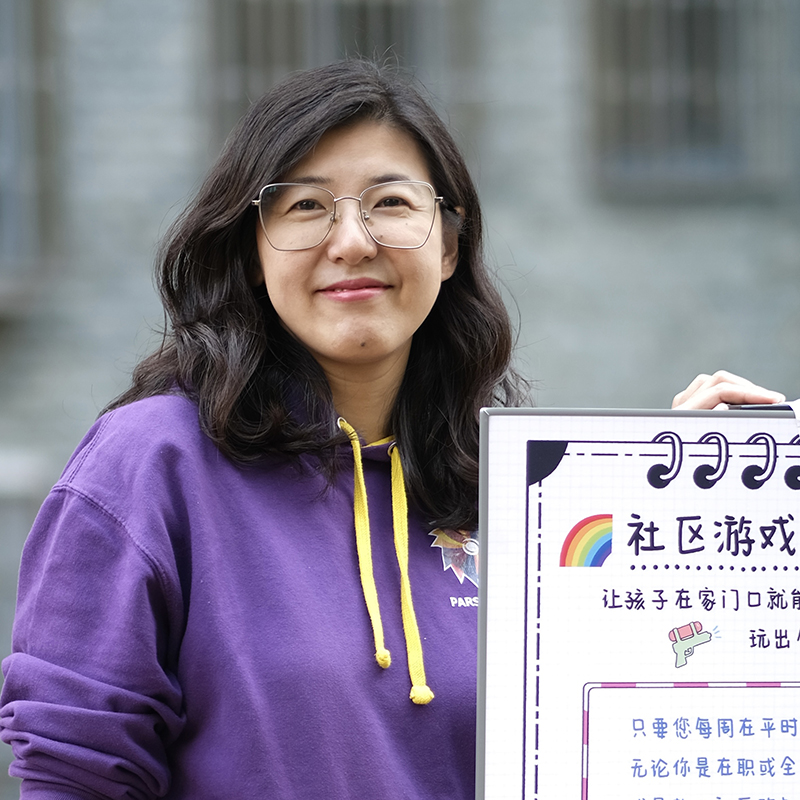
PARS Practice in Shanghai Communities
Caron is going to introduce how PARS Hub in China work to increase children’s play opportunities in local communities, including how they build playworkers teams in the communities, how they involve children and parents to physcially build community playgrounds and what progress they are making and what challenges they are facing.
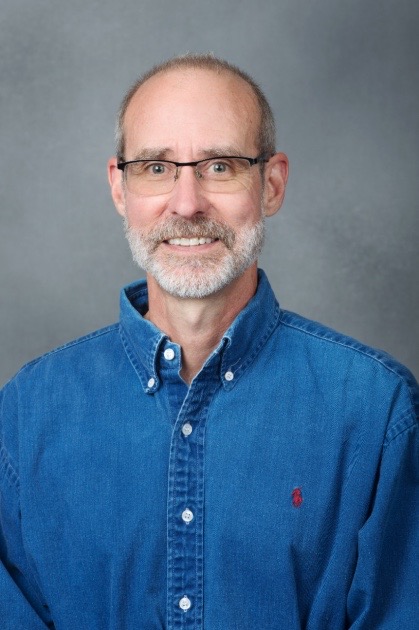
Rick Worch is Emeritus Professor in the School of Inclusive Teacher Education at Bowling Green State University. He specializes in early
childhood science education. His research focuses on play and learning.
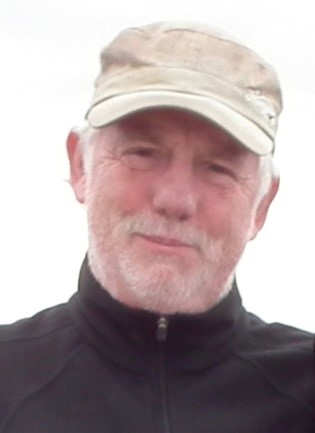
Represents a walking history of over 51years involved in Play & Play-work. He continues to remain up-to-date, doing visits, consultations, training and making contributions to several books including; Risk and Safety in Play, and conference workshops on such diverse headings as Ethics, Sex and Play-work and Adventure Playgrounds, and was one of the major contributors to the Play Wales P3 Qualification in Play-work as well as working in Northern Ireland for Play-board alongside Bob Hughes. He remains one of the Guardians of the Play Principles, which continues to guide his work including chair of Halabja Community Play Project (Adventure Play ground in Iraq) as well as his continued Professional development as a qualified, Teacher, Trainer, Excavator operative, chainsaw user and multi-skilled professional builder.
His present work involves trying to fit theory to practice with mixed results.
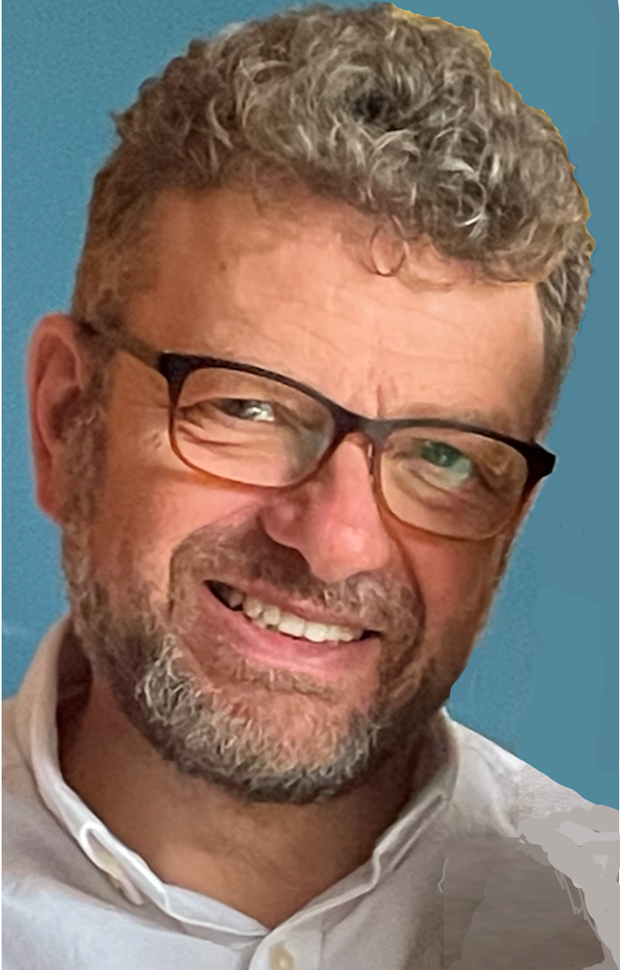
John Wall is Professor of Philosophy, Religion, and Childhood Studies, as well as Director of the Childism Institute, at Rutgers University Camden, United States. He is a theoretical ethicist who has written or edited nine books and dozens of articles in political philosophy, post-structuralism, the philosophy of religion, and children’s rights. His latest book is Give Children the Vote: On Democratizing Democracy.
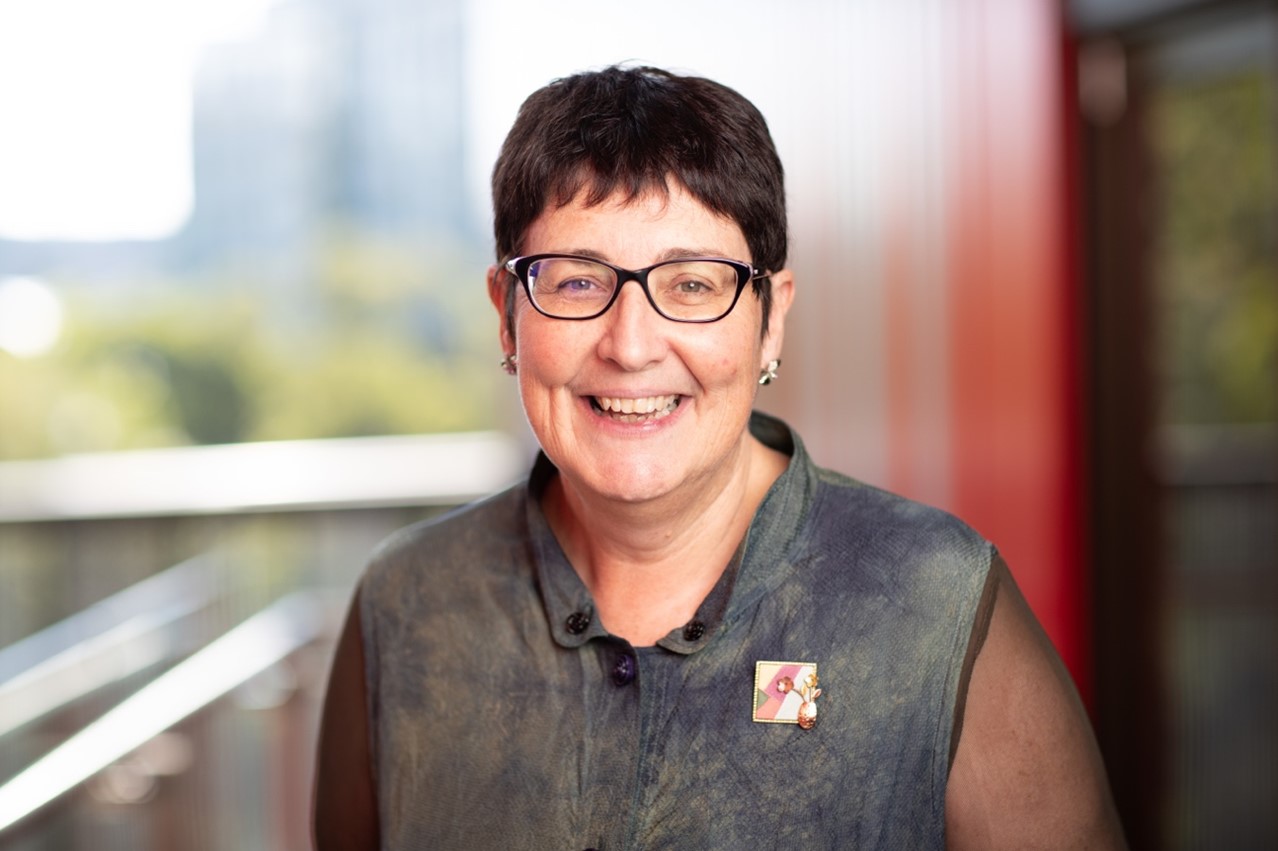
Jennifer Cartmel is Associate Professor, Child, Youth and Family Practice in the School of Health Science and Social Work at Griffith University. Jennifer foreground critical reflection as both a research approach and a tool for professional development. Jennifer’s research contributes to increasing professionalisation across the school-age childcare workforce, working closely with state governments and peak associations to deepen understanding about the features of outside school hours care services. Her research about children’s social and emotional wellbeing has expanded to the role as Chief Investigator Education Lead with the Intergenerational Practice Project. Jennifer’s expertise spans the early childhood and middle childhood periods, and she has an extensive professional network spanning policy and practice in children’s services.
Intergenerational Practice
Intergenerational Practice and Programs are emerging as an important feature of practices in communities throughout the world. They have mutual benefits to all those who participate. The opportunities for children, young people, older adults and their families to achieve outcomes such as contributing to and connecting to the world and having a strong sense of wellbeing are heightened through intergenerational initiatives. This session will be an opportunity to meet likeminded others who are using playwork as a foundation for intergenerational practice. The session is designed to be ‘sharing and connecting’, to strengthen our network and facilitate international opportunities for research and collaboration.

Dr Niamh O’Brien is an Associate Professor of Social Inclusion and Young People at Anglia Ruskin University, Chelmsford, UK. Niamh’s work includes bullying research and enabling young people to participate in research in areas that interest and/or affect them. Niamh holds an Honorary Research Fellowship at the National Anti-Bullying Centre, Dublin City University. As part of the wider COST Action (18115 TRIBES): Transnational Collaboration on Bullying, Migration and Integration at School Level, she is leading working group 4: Pupil Voice & The Promotion of Inclusion. Niamh is a premier member of the International Bullying Prevention Association, a member of the Collaborative Action Research Network (CARN) and the Collaborative and Participatory Methodological Special Interest Group (MSIG).
Working with young people to conduct research
This presentation focuses on the process of involving young people in the research process. Drawing on examples from projects utilising participatory research methodology in the field of bullying research, I will focus on some of the opportunities and challenges associated with this work including ethics and ‘authentic’ participation.
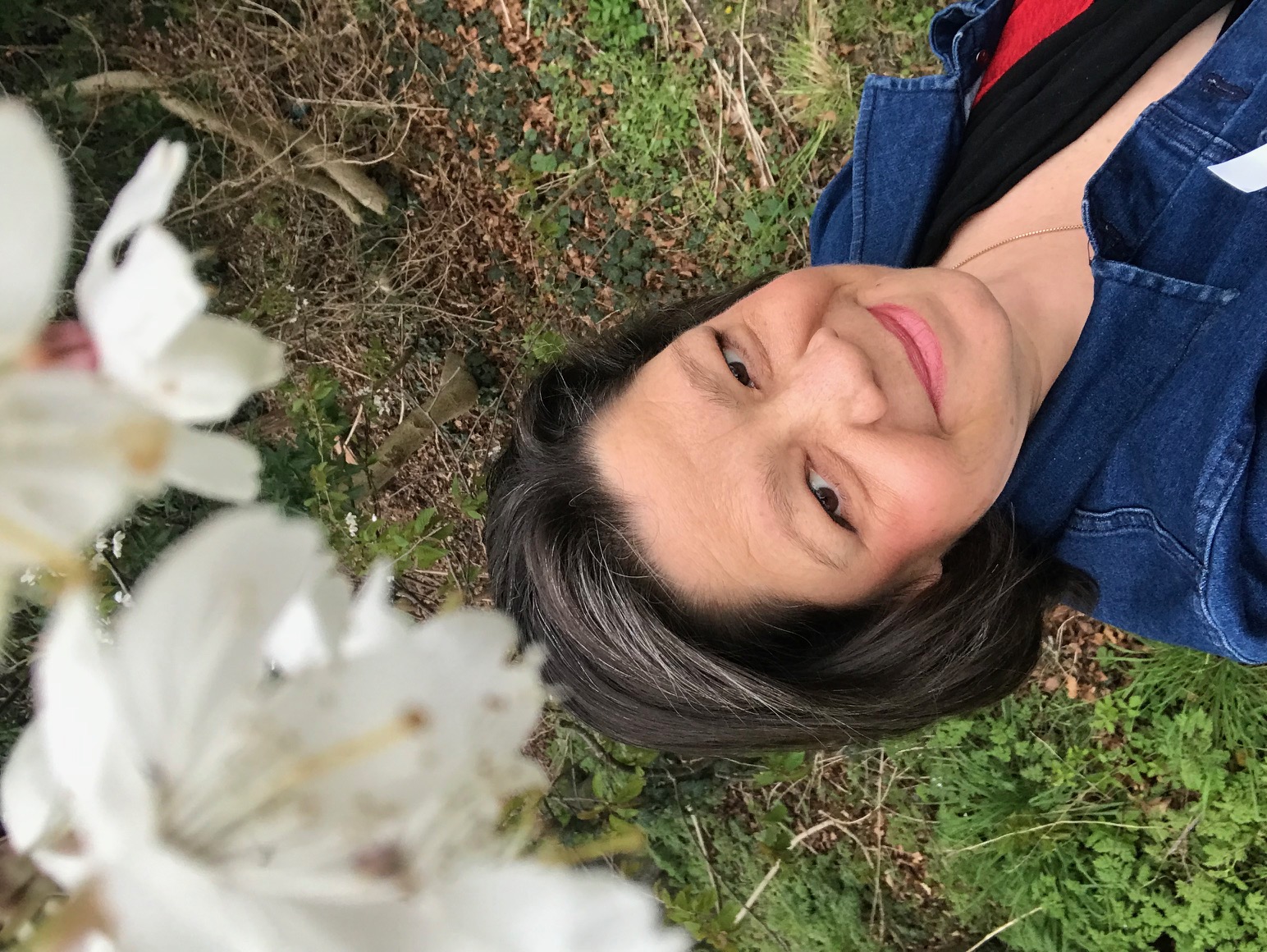
Dr. Hennessy is an educator, artist and researcher focused on curriculum studies and early childhood education. With a career that includes developing a national youth advocacy program and Provincial health programs, Hennessy’s research has always been grounded in the agency and voice of children and youth. As an artist, her creativity influences the ‘how’ of teaching, being, and living and the ways of research and learning. Dr. Hennessy is currently a part-time faculty with the University of Western Ontario’s Faculty of Education and King’s College. Hennessy likes hiking, skiing, travel, good coffee, singing in the car and the St. Lawrence river.
Hennessy’s research is focused within early childhood education in early learning centres and primary schools. Specifically, research interests include advocacy with children; approaches to Childhood; childhood literacy and multiliteracies, and climate change with children and youth.
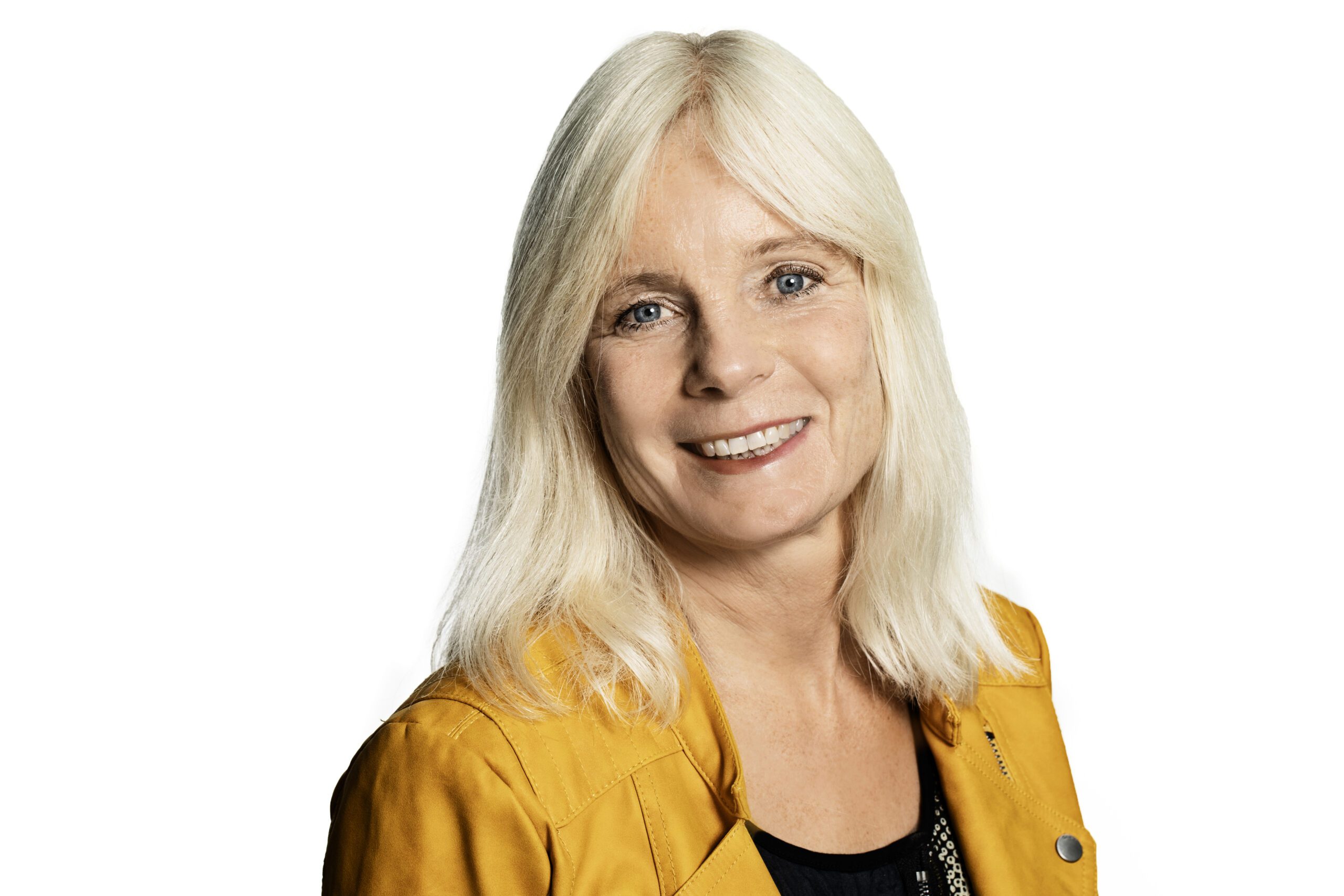
Hanne Warming is Professor of Childhood Sociology and Head of the Research Group ‘Social dynamics and change’ at Roskilde University. Her research fields of expertise include social and pedagogical work with children and young people, Child views and children’s perspectives, Childism and ChildPrism research, social-spatial approaches, ethnographic and participatory methodologies, and ethics in researching children and young people’s lives.
Playwork in daycare institutions – a social-spatial approach
Playwork – just as any other pedagogical practices – unfolds through contextualized intra-actions. Culture, history, policies and materiality matters. This paper presents a social-spatial approach to understand these contextualized intra-actions, illustrated from the case of Danish daycare institutions. I zoom in on how changing and ambiguous child views (also reflected in toys and architecture of kindergartens and playgrounds), various policies and more general societal features make a certain – some time quite limited; other times more fruitful – space for playwork.
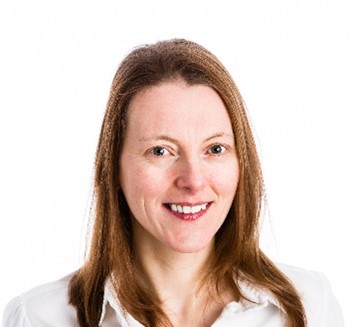
Tracey began her professional career teaching chemistry in secondary school, and has a specific interest in children and young people’s environmental learning. This has led her to focus her Higher Education teaching and research on outdoor education, creativity and child agency, leading modules at UG and MA level, for example Young Children’s Outdoor Learning, or Children’s Imaginative Worlds. Her PhD, completed in 2020, examined the concept of child-centredness within the context of Forest School. She is currently researching the synergies between conceptualisations of playwork and Forest School with colleagues in the UK, and internationally.
This paper presents one aspect of my doctoral research into the concept of child-centredness within the context of Forest School (FS), and how adult-child dialogue promoted and embodied this. The UK FS approach emphasises a child-centred, play-based pedagogy as one of its central tenets, however adults’ conceptualisation, and exemplification of child-centredness in practice is variable. Adopting an ethnographic approach, I visited three primary schools within one rural county where the Forest School leader (FSL) was a member of school staff, delivering FS to children aged 5-7 years. Across five visits, I conducted eight pre-and post-session interviews with adult practitioners (FS leaders and supporting teaching assistants) about their intention for the session and reflections afterwards, observed and audio-recorded adult and child dialogue in-the-field (seven adults and 38 children), and interviewed 25 children post-session about their experiences. These data were subjected to three stages of analysis to examine the nature of child-centredness as exemplified in talk through multiple theoretical lenses; positional identity, social constructivism and various characterisations of agency. Deductive analyses of dialogue and interview transcripts were triangulated to offer insight into how adults and children conceptualised, promoted, and experienced child-centredness in FS sessions.
Within the settings observed, child-centredness appeared to relate predominantly to choices children were able to make about what they do within specified periods of ‘child-led’ time; children described a wide range of self-instigated activities and some opportunities to initiate and drive their own FS experiences. However, both adults and children still seemed to privilege adult-directed learning over autonomous exploration, which reifies current discourses about the value of play and structured learning. In tension with the FS ethos, and established ideas about play principles, it appeared that children constructing understanding as agentive learners was quite frequently limited. A number of recommendations were proposed with respect to these findings, including consideration of which and how learning theories are prioritised in FSL training, or FSLs reflecting post-qualification on the nature of their engagement with children, deliberating the nature of questions posed and how children are positioned as learners. This might support considerations of the extent to which children’s competence as active learners is promoted and developed in dialogue.
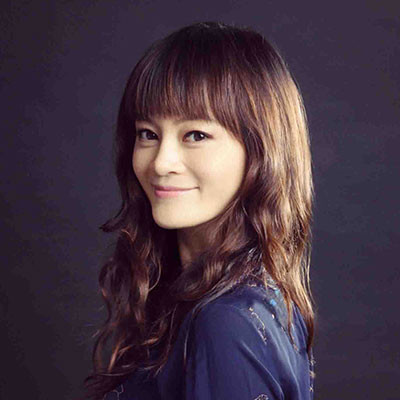
Tracy Chen (陳婧), founder of Sensory Play Education, a PARS trainer, who has experience in keeping a busy and fulfilling life as a wife, mother, educator, trainer, playworker, writer, radio host and an outdoor nature play enthusiast.
Tracy has a background in Family Science and Child Psychology and has been in the early childhood industry for almost 20 years, constantly seeking new knowledge and practices and keeping up to date with the educational sphere to provide children with the best experience possible. During her years teaching in a preschool setting, she devoted her practice in Play and Playwork, sensory exploration, child-centered play and encouraged children to learn through their senses. Tracy published the book “Sensory Play Education” in 2020, the book shares with parents the importance and the benefits of Play. She provides teacher trainings in both Taiwan and Canada, also works and learns with many Early childhood pioneers around the globe.
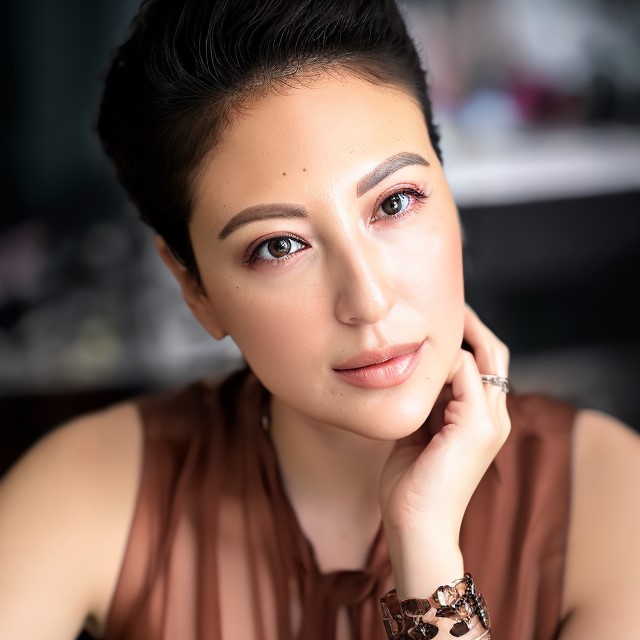
Dr. Medina is a certified EMDR and Gottman Couples Psychotherapist. As a woman of Puerto Rican descent and a survivor of trauma, she has dedicated her career to specializing in the treatment of interpersonal violence, childhood developmental trauma, and others. Her treatment approaches are rooted in anti-oppressive and intergenerational trauma understandings. Dr. Medina’s professional career has focused on working with children, adolescents, adults, and couples. She has worked with at-risk individuals providing in-home therapy, support in city hospitals, and in her private practice. She was a co-contributor to the development of a trauma-informed treatment milieu on inpatient services throughout the behavioral division in New York City. Her love of helping others extends to future generations of clinicians. She enjoys being a mentor and clinical supervisor. Dr. Medina has worked in administrative roles, increasing the treatment for BIPOC individuals to break the stigma of mental health treatment within this community. She has presented her writings internationally. One of the works presented was a theory she established called “Child Standpoint Theory” which explores and identifies children as an oppressed group. Dr. Medina has provided ProBono work for the Young Center providing evaluations for children seeking asylum. She was trained by the Immigration Evaluation Center to provide more thorough immigration evaluations. The latest population she is serving is journalists. She completed training on cultural competency for treating trauma-impacted journalists, provided by the Dart Center for Journalism and Trauma (JTSN), a project of the Columbia Journalism School.
Standpoint theory identifies a power differential between a group in power and an oppressed group. Standpoint theories provide a theoretical framework to explore how oppressed groups experience their position and help identify a way to challenge the group in power. In this presentation, Child Standpoint Theory (CST) will be explored, identifying how children are an oppressed group. The presentation will be a brief overview of standpoint theory to familiarize yourself with the framework leading to the identification of the tenets of CST. Clinical examples will be provided throughout the presentation to learn how to use CST in direct practice.
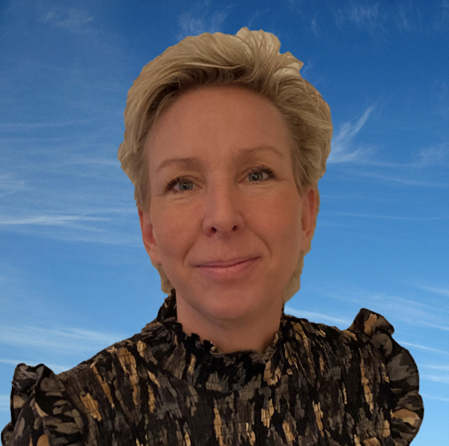
Researching methods for researching with children
Karin Lager, Phd, University of Gothenburg, Sweden
My research interest focus on policy and quality issues concerning children in Swedish school-age educare centres (6-13 years old). In a recent project I investigated children’s views of being in these centres, because Sweden has high ambitions in policy for those centres but reports keep reporting shortcomings and lack of quality. I conducted both interviews (174 children) and observations for one week each in twelve different centres. The presentation will focus on how observations and interviews are giving children a voice of their leisure time in school-age educare centres.
This research is presented in different articles and books, one example: Lager, K & Gustafsson Nyckel, Jan (2022). Meaningful leisure time in school-age educare: the value of friends and collective strategies. Education in the north, 29 (1).
Link to article: https://www.abdn.ac.uk/education/research/eitn/journal/682/
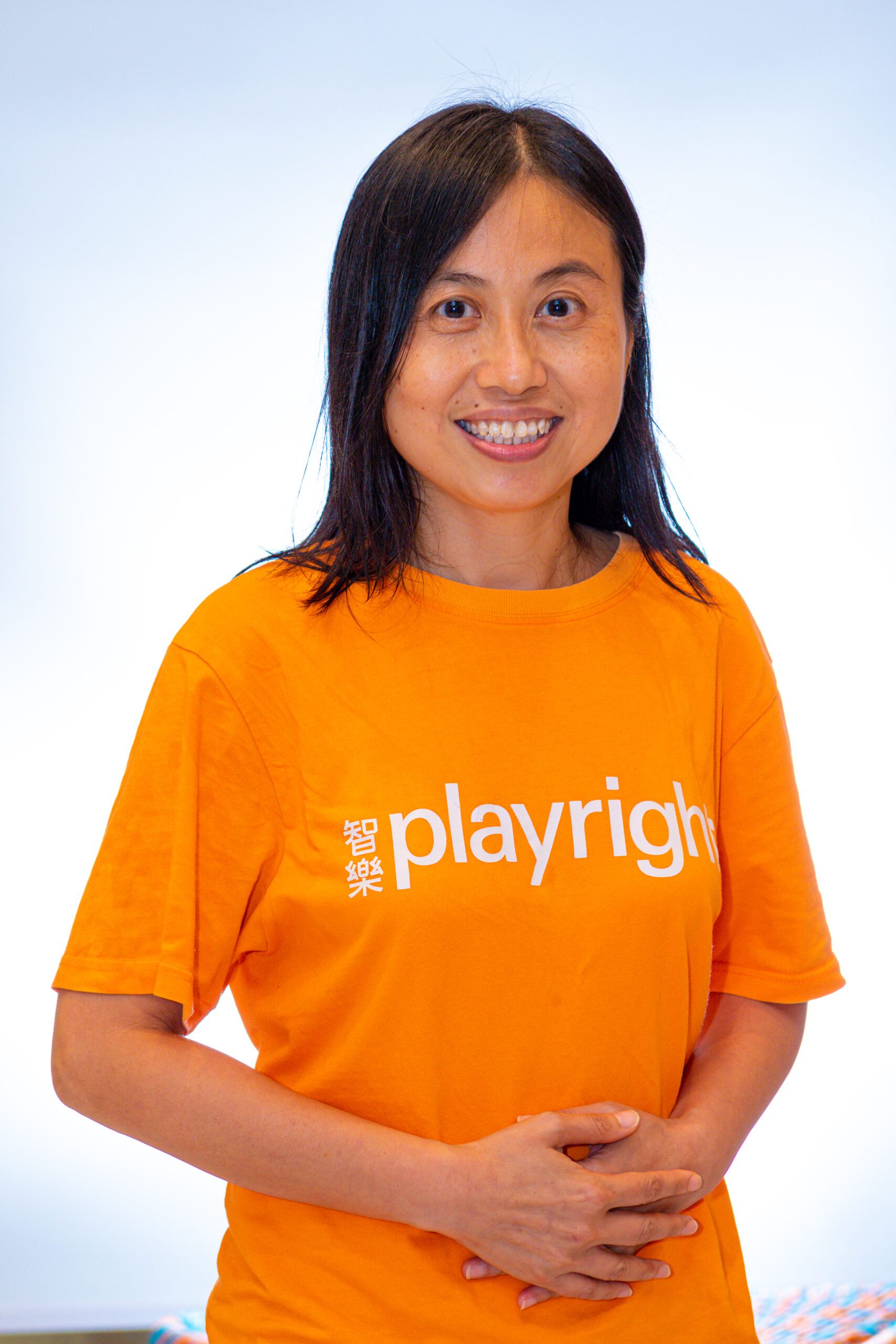
Over 17 years of experience in providing playwork training in various kindergartens, professional bodies, tertiary institutes, NGOs and government departments. She leads the development of “Play in School”. “Play for children with Special Needs”and “Play in Community” projects. By working with different stakeholders, children will have play wherever they grow.
PARS – making Play Accessible under limited Resources and Space
Hong Kong is “famous” for land scarcity but quality play is still possible. The essence of quality play space is more about the mindset of adults than the resources and space available. This presentation will share how PARS supports adults to reflect and compromise with the needs of children in kindergartens and community even under limited resources and space.
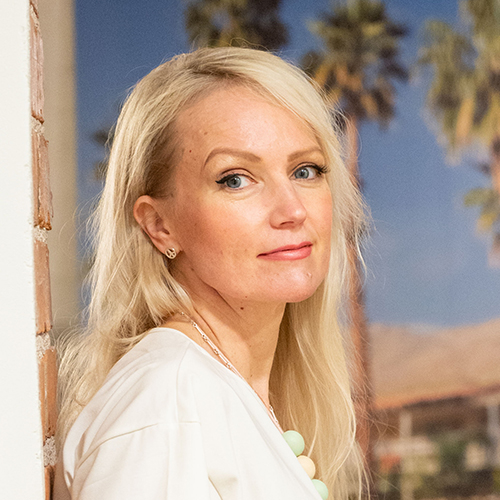
Dr Katriina Heljakka is a toy and play researcher, visual artist, curator, author and designer of toys, games and playful interventions. She holds a Doctor of Arts from Aalto University, Finland. She acts as an expert in toy design, toy cultures and life-wide play. She is currently researching technologically driven play and play in work, leisure and learning at the University of Turku, Finland.
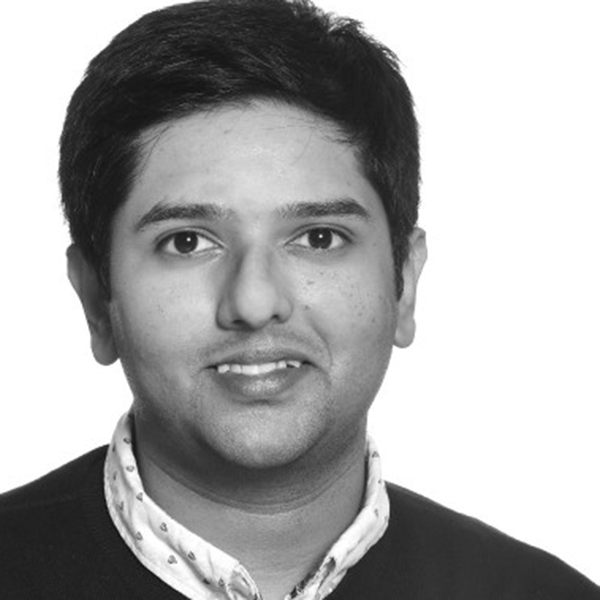
Utsa Mukherjee is a Lecturer in Education at Brunel University London. Utsa’s research interest lies in the sociology of children’s leisure with a focus on social inequalities and identities. He is the author of Race, Class, Parenting and Children’s Leisure (Bristol University Press, 2023). He is the Associate Editor of Journal of Family Studies and Schole: A Journal for Recreation & Leisure Studies Education
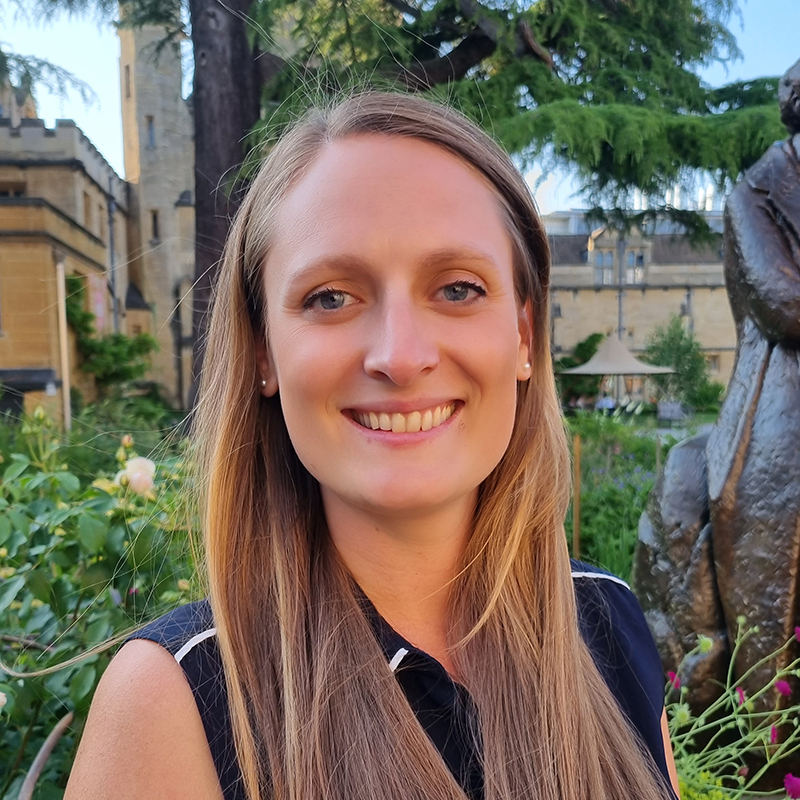
Dr Naomi Lott is a Lecturer in Law at University College London, and is the John Fell Research Fellow at the Bonavero Institute of Human Rights, University of Oxford. Naomi has researched matters relating to children’s rights, especially their right to play, and modern slavery. Naomi recently published a monograph on The Right of the Child to Play: From Conception to Implementation with Routledge.
The Committee on the Rights of the Child acknowledges that children’s urge to play is compelling, even ‘in the most unfavourable environments’ (GC 17). Yet, the obligations placed on States to realise and implement the right to play show that such a situation is not sufficient. Rather, States have a variety of multifaceted obligations that must met in order to ensure that the right to play is fully realised (Lott 2020). Following doctrinal, empirical, and archival research, and interdisciplinary literature analysis, into the nature and content of the right to play, a framework for realising the right to play emerged that is able to encompass many of these obligations. This framework includes three core components: time, space, and acceptance. This paper develops each aspect of this framework, and discusses how such a framework relates to, and fits within, the children’s rights rubric. Discussions with those involved in play advocacy suggests that such a framework will be beneficial for supporting greater implementation of the child’s right to play in practice, as well as deeper understanding of the content of the right.
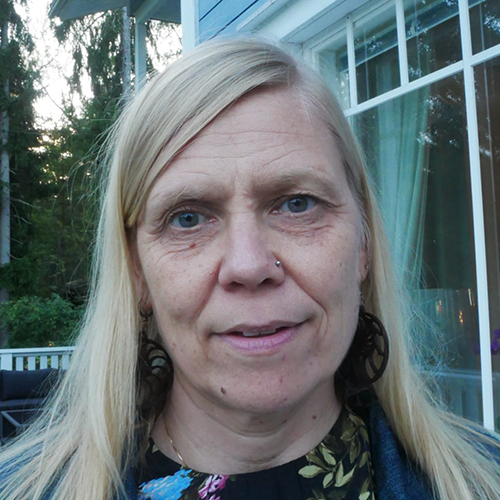
Dr. Mari Korpela is a social anthropologist, currently working as a research fellow in Tampere University, Finland. She has extensive experience in doing ethnographic research with children and youth. In particular, she has focused on the children of so called privileged migrants including “Western” lifestyle migrants in India and highly skilled migrants in Finland. In her ethnographic projects, she has also used participatory visual methods including drawings, photography and film.
Observing and Participating: Ethnographic Research Among Expatriate Children and Youth in Finland
Research among children and youth asks for creativity, improvisation and playfulness. Ethnographic methods provide excellent tools to study children’s everyday lives, views and experiences. This presentation discusses the joys and challenges of ethnographic research when an adult researcher wants to study children. It elaborates on the playful and improvisational roles and actions that proved to be useful in my research in an international school, and describes the successes and failures that I encountered when using visual methods. The presentation is based on an extensive ethnographic research project among 9- and 14-year-old children in an international school in Finland.
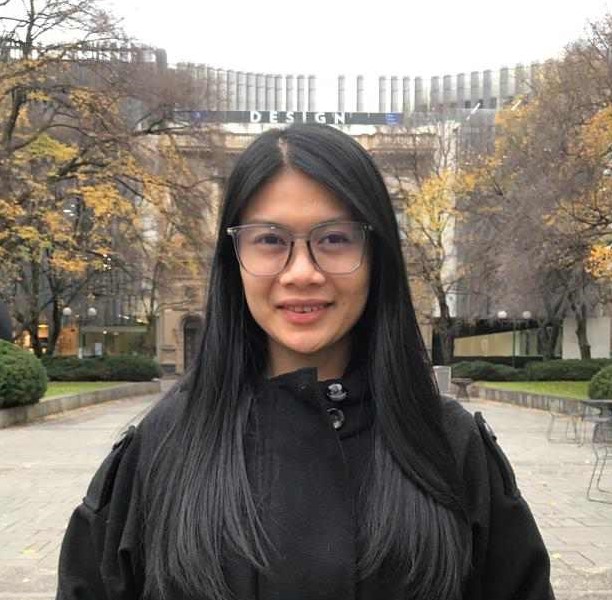
Aireen (she/her) is a PhD researcher at Macquarie University (Australia). She is also a research fellow at the Centre of Global Urbanism (Ural Federal University). Her research pays particular attention to children’s use of urban spaces and the importance of children as co-creators of knowledge in urbanity. Majority of her academic engagements involve children’s voices on the urban spaces they occupy, with emphasis on slum-dwelling communities in the global South. Her recent publications include topics in the fields of children’s geographies, childhood studies, and urban and regional studies, while serving as a reviewer of manuscripts related to global childhood studies. Aireen is a scholar for and with children and their spaces. Her academic life is devoted to making children’s voices heard, their insights acknowledged, and their lives seen—matters that are hitherto often dismissed.
PARS Training
Other Enquiries
Phone
Common Threads Playwork is the trading name of Common Threads Publications Ltd, a company registered in England and Wales. Registration Number 4500413.
Common Threads trades as a social enterprise.
Our registered office address is:
Office 2,
The Sackhouse,
Jicklings Yard,
Wells-next-the-Sea,
Norfolk,
UK
NR23 1AU
Common Threads is proud to be an NCFE International Award Centre no. 9001442
